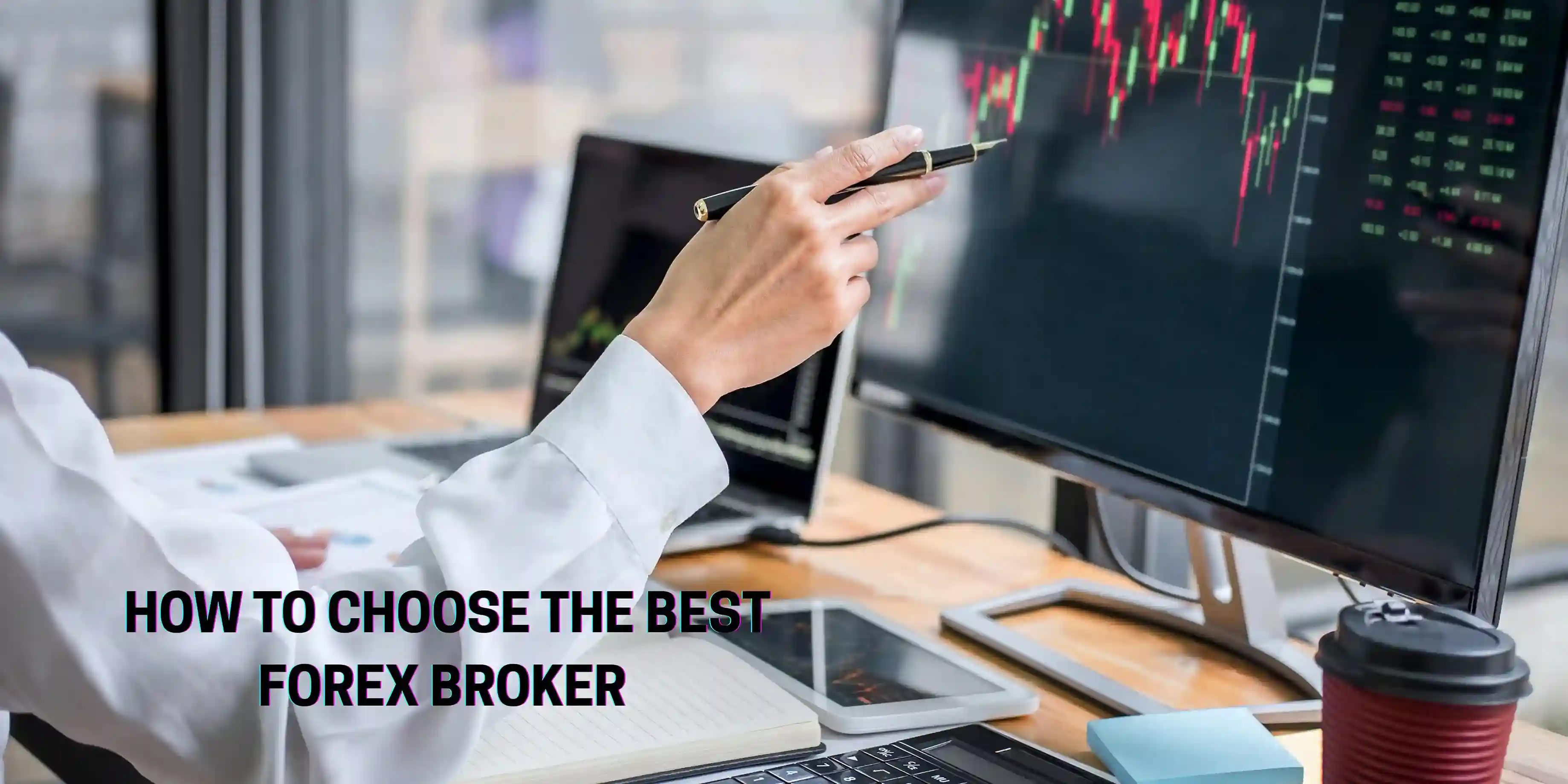How to Choose the Best Forex Broker:A Complete Guide for Traders

Choosing the right forex broker is one of the most important decisions you’ll make as a trader. The broker you pick affects your trading experience, costs, security, and ultimately your chances of success. With so many options available, it can be overwhelming to find the best fit.
Why Choosing the Right Forex Broker Matters
Your broker acts as the bridge between you and the forex market. They provide the trading platform, execute your trades, offer customer support, and hold your funds. A poor broker can cause issues like slow executions, unfair fees, or even scams.
That’s why it’s critical to choose a broker who is reliable, transparent, and suits your trading style.
Step 1: Understand Different Types of Forex Brokers
- Market Makers: They set their own prices and take the opposite side of your trades. Sometimes criticized for potential conflicts of interest.
- ECN Brokers: They connect you directly to the interbank market with tight spreads but usually charge commissions.
- STP Brokers: Pass orders directly to liquidity providers without dealing desk intervention.
Step 2: Conduct a Forex Broker Comparison
1. Regulation and Security
- Check if the broker is licensed by top regulators like FCA, ASIC, CySEC, or NFA.
- Regulated brokers follow strict rules, protecting your funds and ensuring fair trading.
2. Trading Platform and Tools
- A good broker offers a user-friendly platform with advanced charting, indicators, and fast execution.
- Popular platforms include MetaTrader 4/5 and cTrader.
3. Spreads and Commissions
- Lower spreads reduce trading costs.
- Compare spreads and commission structures carefully.
4. Account Types and Minimum Deposit
- Look for account types that fit your capital and trading goals.
- Micro or demo accounts are great for beginners.
5. Customer Support
- Reliable support is crucial for resolving technical or withdrawal issues.
6. Deposit and Withdrawal Options
- Check payment methods, processing times, and fees before choosing.
Step 3: Focus on Regulated Forex Brokers
- Regulated brokers keep client funds in segregated accounts.
- They follow AML and KYC rules for added security.
- They must provide transparent pricing and fair execution.
Step 4: Broker Selection Tips for Traders
- Test with a Demo Account: Try the broker’s services risk-free.
- Read User Reviews: Check other traders’ experiences, but beware of fake reviews.
- Check Hidden Fees: Look for withdrawal fees, inactivity charges, or volatile spreads.
- Evaluate Execution Speed: Fast execution prevents slippage.
- Consider Your Trading Style: Scalpers need tight spreads, long-term traders should check swap rates.
Step 5: Final Decision and Continuous Review
- Start with a small deposit and test live trading conditions.
- Keep evaluating broker performance regularly.
- Be ready to switch brokers if you face consistent problems.
Conclusion on Choosing a Forex Broker
Choosing the best forex broker involves careful research and comparison. By focusing on regulated brokers, conducting a thorough broker comparison, and following smart tips, you can find a trustworthy partner for your trading journey.
Remember, the right broker supports your trading growth and helps you focus on making smart decisions in the forex market.


